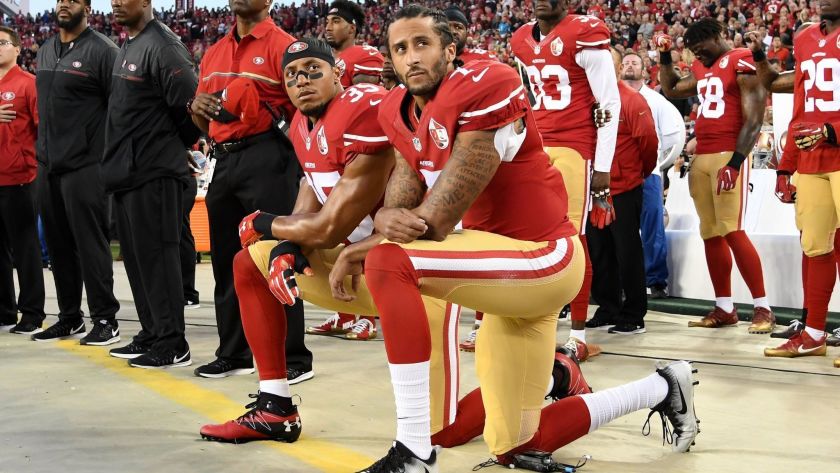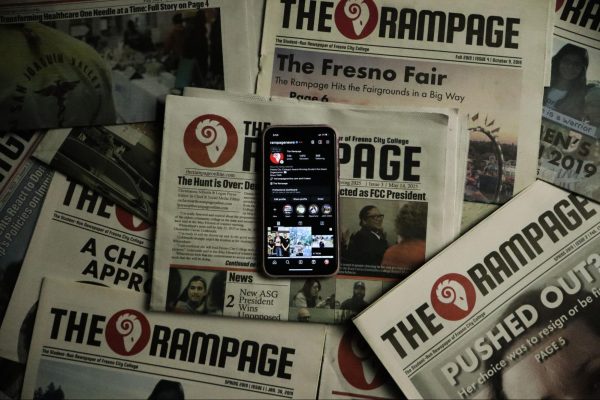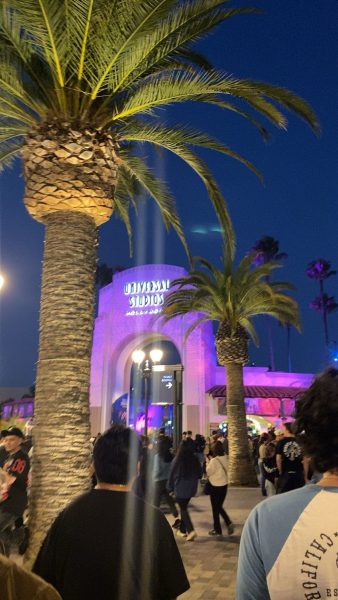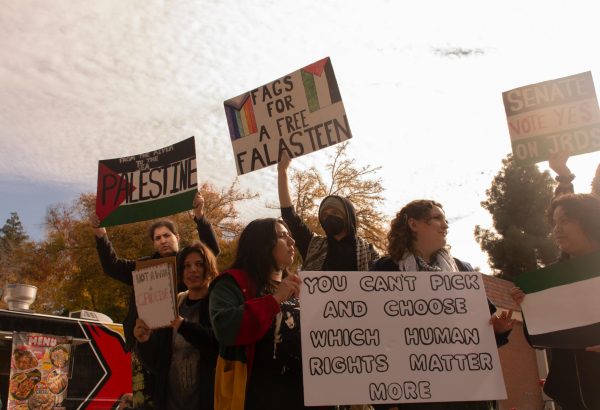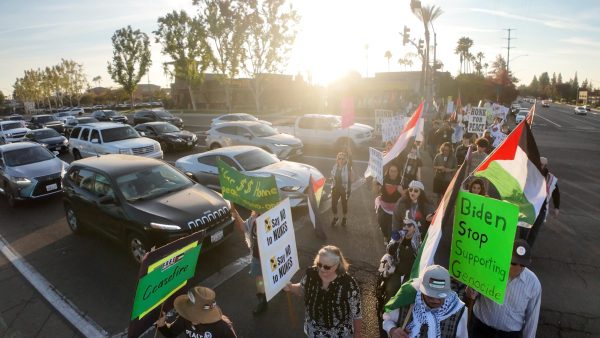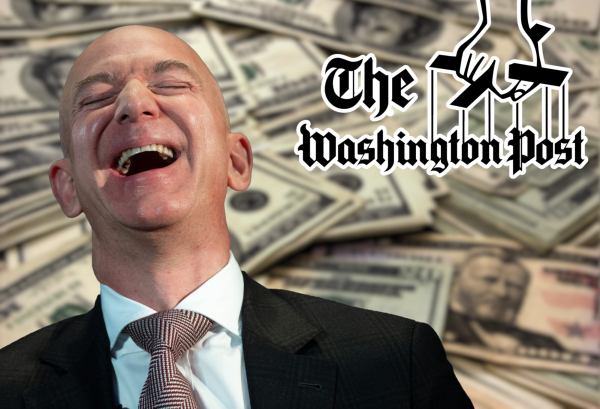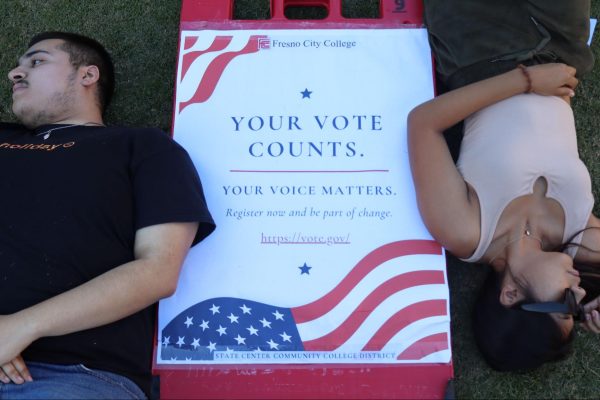Colin Kaepernick and The Kneel
The 2010s re-introduced a new brand of athlete – the socially outspoken athlete.
From baseball and Jackie Robinson to boxing and Mohammed Ali even to olympic athletes Tommie Smith and John Carlos, athletes have taken a political stance for decades, and have nearly always been met with pushback, and ultimately revered as inspirational characters who changed the ways people view their respective sports.
In the age of social media, this practice which became commonplace for celebrities and politicians shifted to include athletes among the ranks of household names becoming potential role models for today’s youth and tomorrow’s leaders.
Colin Kaepernick is one of those role models.
After being selected as the 36th overall pick in the 2011 NFL draft by the San Francisco 49ers out of the University of Nevada, Reno, he went on to take the starting job of Alex Smith after Smith went down with an injury in 2012.
In his first year, he led the Niners to the Super Bowl, only narrowly losing to the Baltimore Ravens by a score of 34-31.
Kaepernick’s career then continued to trend upwards for a short time. But one playoff appearance, a huge contract and several injuries later saw the quarterback once trending upwards enter uncertain grounds.
Then came Aug. 14, 2016. Kaepernick sat on the bench during the National Anthem prior to a preseason game against the Houston Texans. His protest initially went unnoticed, but during the Niners’ preseason game against the Green Bay Packers, the media and sports world finally caught attention to the protest.
Initially, Kaepernick protested by sitting for the Anthem. It wasn’t until ex-Green Beret Nate Boyer addressed him personally that he began to take a knee.
Quoted in an article by the Los Angeles Times, Boyer said, “Initially, I was pretty disappointed,” when asked about Kaepernick’s decision to sit. After connecting with Boyer, Kaepernick decided that kneeling during the Anthem would bring just as much attention to the issue, while still observing reverence and respect for the nation – specifically for veterans and armed service members who could view sitting out as offensive.
During the pregame performance of the Anthem on their Sept. 1 game against the San Diego Chargers, Kaepernick took a knee – with Boyer standing beside him in support.
The next several months brought social chaos to not only the football world, but the sporting world in general. Multiple athletes, recently including U.S. soccer star Megan Rapinoe, former Oakland Athletics’ player Bruce Maxwell, and the entire Dallas Cowboys’ team have followed suit taking a knee with Kaepernick, a majority of which were citing their protest to be in the interest of bringing awareness of the alarming number of African Americans facing police brutality.
From Fox News to presidents Obama and Trump, numerous media outlets and personalities have chimed in on the social aspects and symbolism that Kaepernick portrayed in kneeling for the Anthem.
Regardless of any individual’s stance on the issue, there is no arguing that Kaepernick and the controversy brought on by his protest have brought social awareness and more public involvement in social causes by athletes.
For Kaepernick, unlike other historically notable athletes, the decision to take a political stance cost him dearly.
Kaepernick, who has not played in an NFL game since 2016, remains out of the league. In stark contrast with other athletes who have taken a stance politically, he is arguably remembered more for what he did on the sidelines than for what he did on the field.
On the other hand, Kaepernick has remained in the spotlight. While it is no longer a weekly talking point specifically, his kneeling protest opened the door for other athletes to take a social stance via social media and other platforms. Nike’s Emmy winning “Believe in something. Even if it means sacrificing everything,” advertisement featured other prominent athletes such as Serena Williams and LeBron James.
Without Kaepernick’s stance and the potential sacrifice made by him, Williams and James very well may havewell have never been empowered to take a similar political stance.
With social media becoming an ever present part of our daily lives, we tend to forget how recently all of these events transpired, and how recently athletes have been empowered to steer their own careers via public opinions rather than being “handled” by their teams.
Social media has given athletes and celebrities their own voice – a voice defended by the First Amendment – that in most cases cannot be stifled by owners, coaches or other social figures.
Kaepernick held a private workout for seven NFL teams on Nov. 16, 2019, but despite rumors coming from his agent, ESPN reports that he has yet to receive any calls from the teams that attended, still projecting life to the rumors that his absence from the league is related to him being unofficially blackballed by league owners and General Manager’s.
In the politically volatile climate that we live in, the result of Kaepernick’s kneeling should not surprise anybody. The widespread use of social media mixed with the polarized political climate gives athletes like Kaepernick, Williams and James a platform to express themselves.
Kaepernick, however, took things to a very old school place in a very new school world. As a socially recognizable personality, Kaepernick used live television and limited verbal expression to draw attention to a cause that melted the sports and political world into one.
This article is part of a series. Here is the -link- to its sister article about LeBron James
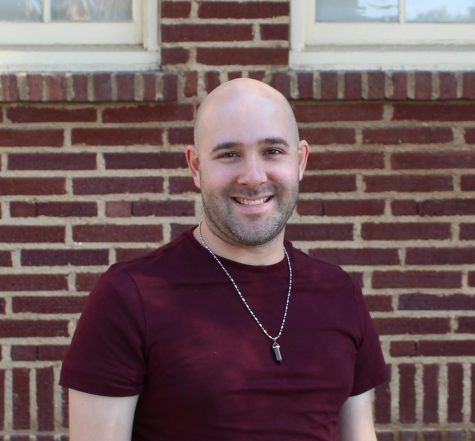
Ben Hensley is a fifth semester journalism student at Fresno City College. Having been with the Rampage for all five semesters, Hensley has progressed...

